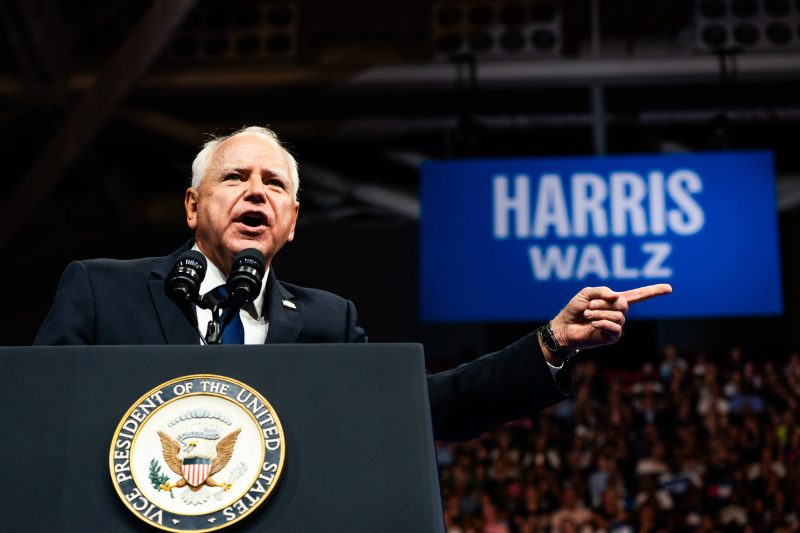In recent years, the relationship between the United States and China has been a topic of great importance and scrutiny. Political figures and public figures have faced increased scrutiny over their ties to China, with accusations of being pro-China creating significant controversy. Tim Walz, the governor of Minnesota, is one such figure who has a long history with China. However, despite this history, he is not inherently pro-China.
Walz’s history with China dates back to his time as a high school teacher, during which he participated in a teacher exchange program in China. This experience likely provided Walz with an opportunity to understand Chinese culture and society in a way that few Americans have. Furthermore, as a member of the House China Task Force, Walz has engaged in discussions and initiatives concerning Chinese influence and activities in the United States.
Despite these connections, it is essential to note that having a history with China does not automatically equate to being pro-China. Walz’s actions and policies as governor of Minnesota indicate a focus on American interests and values. For example, Walz has been outspoken on issues such as human rights abuses in China and has expressed concerns about intellectual property theft and unfair trade practices.
Moreover, Walz has not shied away from criticizing China on various fronts. He has called for greater transparency from the Chinese government, especially regarding the origins of the COVID-19 pandemic. Additionally, Walz has been vocal in his support for measures aimed at holding China accountable for its actions in areas such as trade, national security, and human rights.
In conclusion, Tim Walz’s long history with China does not make him inherently pro-China. While he may have personal connections to the country, his actions and statements as governor of Minnesota reflect a commitment to American interests and values. It is crucial to distinguish between engagement with China and support for its policies, and in Walz’s case, it is evident that he prioritizes the well-being of his constituents and the broader American public.
